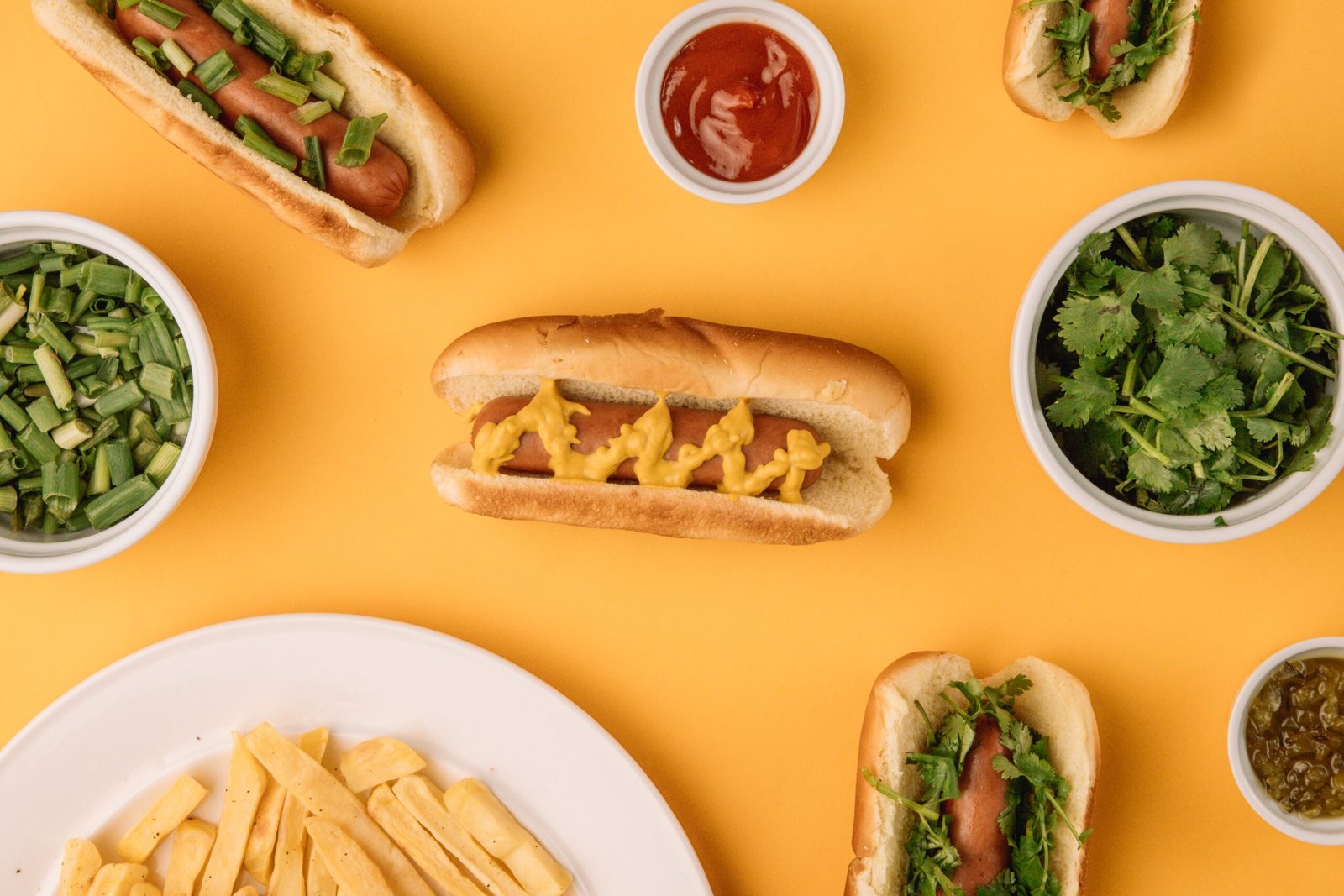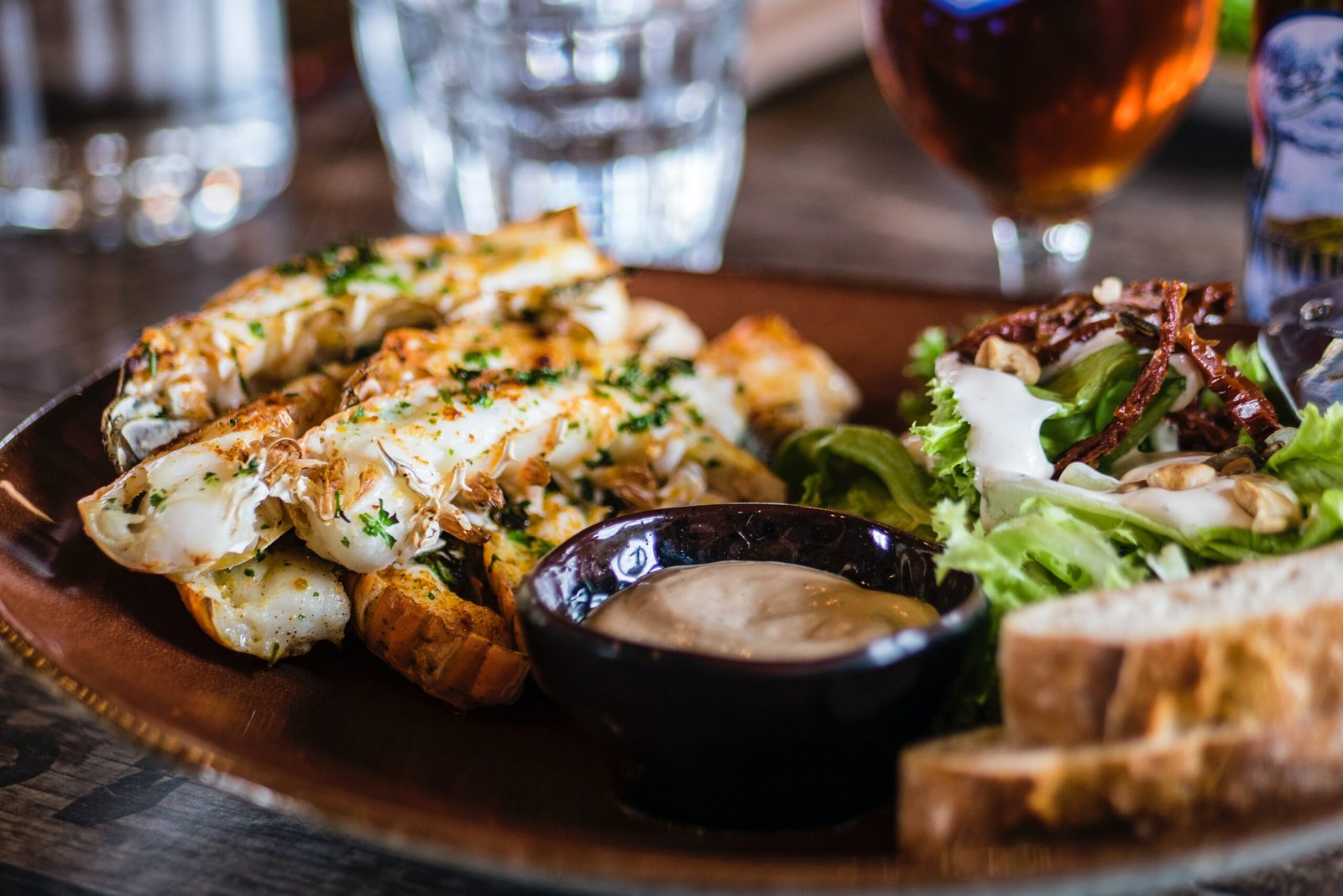
The Link Between Life Stress & Food: How To Regain Control
We can’t deny that stress doesn’t exist.
A variety of factors affect our mind and body on a daily basis. As a result, we can feel forced toward decisions that may not be the best for our health. Indeed, stress affects your health in many ways. In an ideal world, we would also have to know what’s right to stay away from unhealthy decisions. However, in a stressful environment, it’s hard to reclaim enough sanity to make smart decisions.
Among all the things stress can damage, your relation to food is one of the most fragile consequences of heightened emotional states. You may not realize it, but stress is an invisible line that guides your food habits and can take you down an unhealthy path.
Regaining control is your only option, but you need to understand how your stress levels transform your eating habits to succeed.
Intuitive eating
Many women have a negative relationship to food, where eating is synonymous with restriction and high discipline. Nourishing your body is a complex combination of listening to your subconscious and understanding what your body is trying to say. Intuitive eating defines a school of thoughts that encourage self-love and self-healing as part of the food journey. Building a diet only on authorized and forbidden ingredients creates a negative attitude, where the individual becomes nervous about potential cravings and feelings of self-worth. Therefore, intuitive eating helps educate people on the needs of the body and mind.
Consider false mental images
We are easily influenceable. But our biggest enemy when it comes to managing a healthy relationship with food is ourselves. The mind constantly creates its own narrative based on sensory clues. For instance, people who live in the countryside are more likely to eat fresh vegetables and fruits because they are surrounded by the sight and smell of these.
Similarly, if you drive a battered, old vehicle filled with unpleasant smells, you are more likely to be tempted by junk food and drive-thru orders. It might seem unbelievable, but if you’ve been considering purchasing a new vehicle such as the 2021 Camry, your decision will also influence your eating habits positively!
Identify emotional triggers
We don’t only eat to fuel the body with energy. We eat to help our minds deal with things. Emotionally eating is difficult to identify because the mind dictates the feelings of fullness and hunger. However, there are essential triggers that can give you a clue. Typically, emotional eating associates the lack of food with an emotional void. People tend to go on periods of binging to compensate for negative emotions, which means that your mood likely triggers cravings.
Unfortunately, an emotional relationship to food can create unhealthy co-dependence. You don’t eat to live; you eat to be happy. The most frequent emotional triggers are the need for a reward, sadness, disappointment, coping mechanism for stress. You’ll need to identify your emotional state to transform your food interactions.
You eat to fuel the body. However, your mind can affect your sensations of hunger, cravings, and fullness. As stress is one of the most damaging factors that can interfere with mindful eating, it’s essential to understand where and how it can damage your relationship with food. You need to soothe the mind first if you’re going to improve your food habits.










